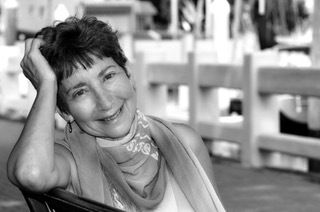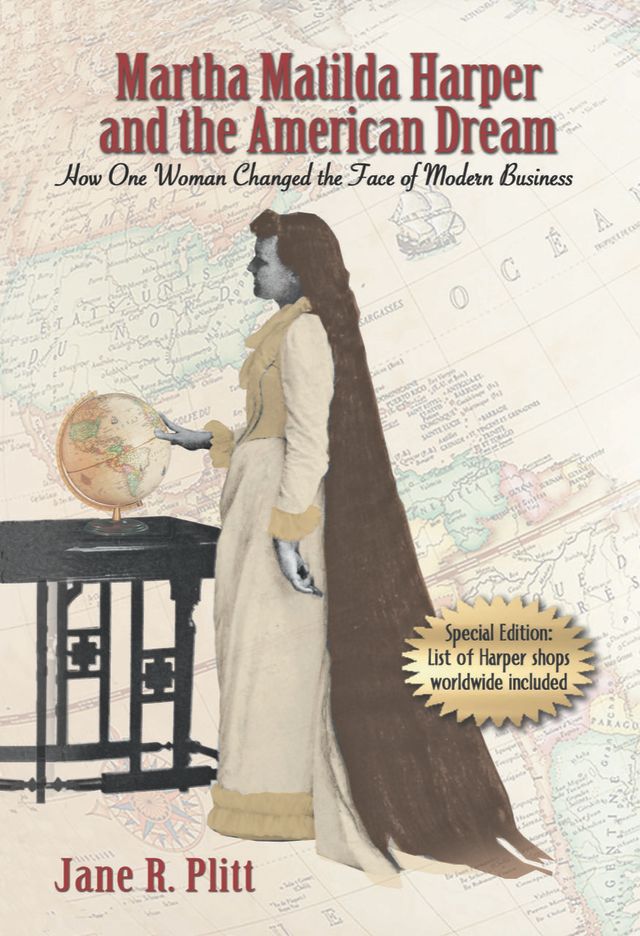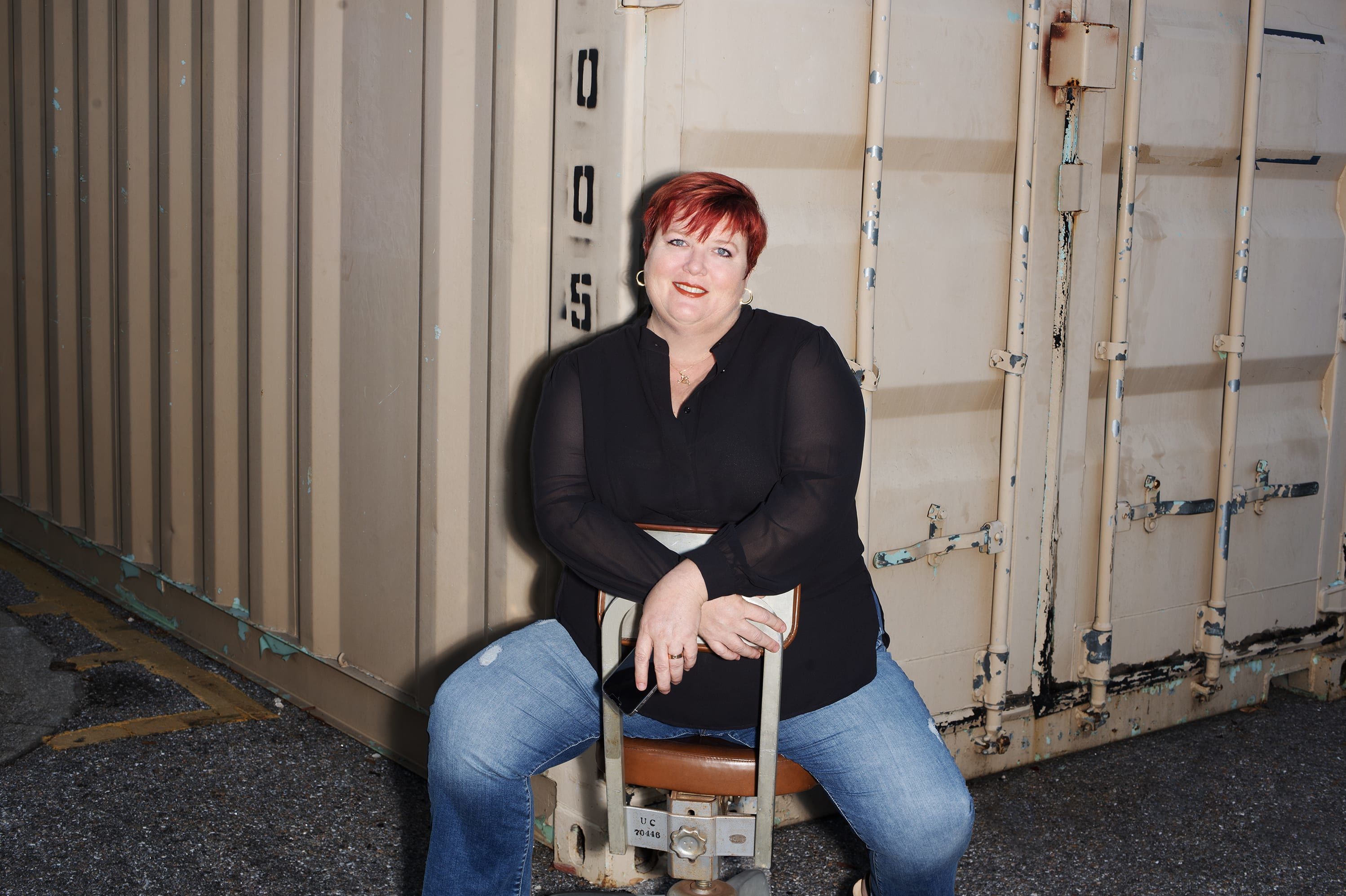Talking With Jane Plitt, Former Head of the National Organization for Women

Image: Shutterstock
After being rejected from serving as a page in the Senate as a teenager because of her gender, Jane Plitt dedicated her career to women’s rights. She was the first woman hire at Rochester Telephone, served as the executive director of the National Women’s Organization, founded an economic development and marketing firm, created the Rochester Women’s Network (still active today), was named U.S. Small Businessperson of the Year. She also authored a series of books on entrepreneur Martha Matilda Harper, a friend of Susan B. Anthony and the woman who created modern franchising.

Jane Plitt
Image: Courtesy Photo
Plitt, now 72, lives in Bradenton with her husband—who, she’s quick to point out, was the man who led the Rochester Jaycees chapter to include women.
Have you always been active in social justice?
"Yes. As a teen in Rochester, N.Y., in the 1960s, I wanted to become a page in the Senate. I wrote to Sen. Jacob K. Javits and got a response back saying that he would love to support me, but girls weren’t allowed to be pages. That was my first wake-up call as to the differences in social and economic opportunities between men and women.
"Later, after graduating from Cornell’s School of Industrial and Labor Relations, I took a job with Rochester Telephone and was the first female hire in the field. I couldn’t go to lunch with my male colleagues, who went to a men’s-only grill. That was another wake-up call; the realization that my advocacy for others—which had included the civil rights moment and the Vietnam War—also needed to include women."
Tell us about your work with the National Organization for Women.
"I joined the NOW organization in Rochester as a volunteer, which was coming into greater [national] influence. We were a fabulous group of naïve, brave professionals. We sat in at the men’s-only grill and brought the press, and we quickly shut down that practice. We also took on Gannett’s sex-segregated newspaper ads and the Rochester Jaycees, the largest Jaycee [United States Junior Chamber] chapter in the world. We suggested to the president of the organization that if you’re looking for leadership, it doesn’t have to stop with men—women have the same skills and potential, and he should open up the organization. Ultimately, in 1987, rotary chapters in the country were mandated by the U.S. Supreme Court to open up their membership; they are no longer sex-segregated."
"It was the most empowering period of my life. We were making societal change, and we were pretty darn excited. It just took facing down the bogey man and bringing down a lot of false assumptions. Why wouldn’t we want to take advantage of every person’s skill set, regardless of gender?"
"When I got the opportunity to become executive director of NOW [nationally], I felt like I’d died and gone to heaven. It was thrilling to know the organization was addressing and enabling legislation, like the Equal Rights Act and advocating for and obtaining Title IX, which transformed girls’ and women’s sports."

Martha Matilda Harper and the American Dream, Plitt's book about the creator of modern franchising
Image: Courtesy Photo
How did you learn about Martha Matilda Harper, the subject of your adult, YA and kids’ books?
"Harper opened the first beauty parlor in Rochester and created modern franchising. She was the first female member of the Rochester Chamber of Commerce. Many decades later, as a leader of that chamber, I was surprised, because I’d never heard of her. The only information I could find was a 1950 obituary in the New York Times, which talked about how she created modern franchising and had clients that included royalty and presidents and their wives. I knew she had to be important, because until recently, the Times generally did not acknowledge women’s accomplishments in the obituary section. It took me six years to write her story and it was a lesson about how power and history are written, in general, about white men."
"It’s the same with the suffrage movement—we know Elizabeth Cady Stanton and Susan B. Anthony, and that in 1848 there was a call for a vote, but there’s a heck of a lot more to that story. Getting women the vote was a revolution, and yet it’s not given its proper dues in our history books."
Harper counted Susan B. Anthony as a friend and customer, right?
"Yes. Anthony said, 'Every woman needs a pocketbook,' and I’m sure that Harper used Anthony as an example of what women could achieve.
"There’s also a Sarasota connection to Harper’s story. When Bertha Palmer came to Rochester, she experienced Harper’s reclining shampoo chair, cut-out sink and methodology. Palmer was in charge of the women’s pavilion at the 1893 World’s Fair in Chicago and told Harper she wanted a shop for it. Harper replied that she would do it if 25 of Palmer’s closest friends would patronize her.
"Palmer delivered, so Harper had to conceive of a whole new business structure because she wasn’t receiving bank financing or venture capital. That’s how she came up with the franchising idea, based on the Christian Science model, which had a strong mother church with a woman at the head, and strong satellite operations. And Harper took it a step farther—she said only poor women, like she was, could own her shops. That ultimately stopped after the first 100 franchisees."
What does the nomination of Kamala Harris as presumptive Democratic vice-presidential candidate mean for women right now?
"Unfortunately, I think we will witness press coverage about a serious female vice-presidential candidate that won’t necessarily address her policies but will address how she dresses and her hairstyle. Have you ever heard a male candidate being called ‘too ambitious?’ What about ‘acting ladylike’—what exactly does that mean? Does it mean being quiet and letting men repeat your suggestion at a meeting? How many women have been in meetings and made a recommendation and the room goes quiet—but when a man repeats it, everyone thinks it’s brilliant? The issues are deep and difficult.
"The other day, I was doing a Zoom call with a rotary club in Connecticut. We said the Pledge of Allegiance, and when we got to ‘and liberty and justice for all,’ I thought, ‘Oh, my, we’re not there yet.’ We’re making progress, but there’s a long way to go."
How do you think women’s votes will affect this year’s election?
"Women represent 51 percent of the voting population, but we’re only 26 percent of the Senate, 23 percent of the House of Representatives and 22 percent of mayors. As we look at leadership and policymakers, women are missing. That has to change—and not simply to fill a quota. It doesn’t make any business sense; it’s nonsensical that we are not tapping the best and the brightest because of a biological chance.
"There’s no doubt that in 2018, the vote of suburban and ex-suburbia women propelled the number of women who got elected to the House of Representatives. And in the elections for Barack Obama, Black women played a critical role; that was also true of Joe Biden’s win in the South Carolina primary this year.
"More women than ever will come out to vote this year—and I think women will make the difference."



